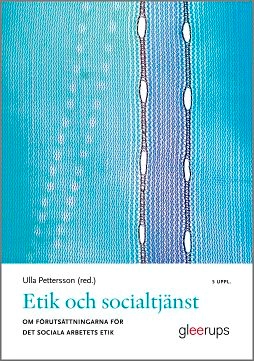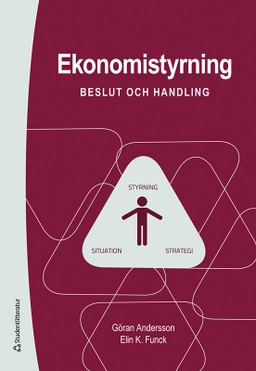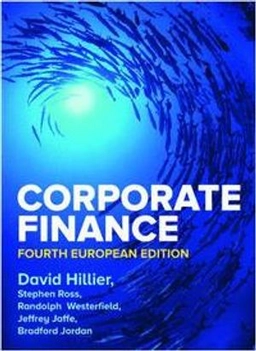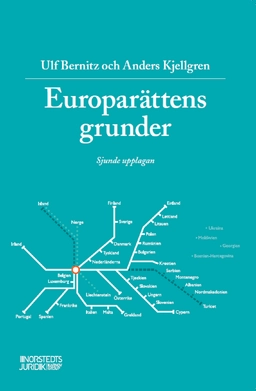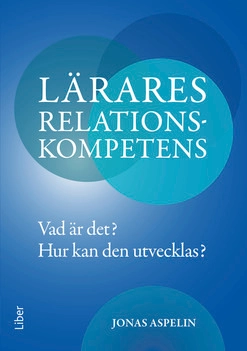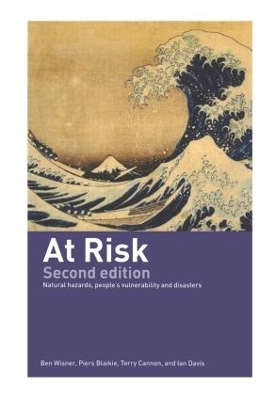

At risk : natural hazards, people's vulnerability and disastersUpplaga 2
- Upplaga: 2a upplagan
- Utgiven: 2004
- ISBN: 9780415252157
- Sidor: 492 st
- Förlag: Routledge
- Format: Inbunden
- Språk: Engelska
Om boken
Åtkomstkoder och digitalt tilläggsmaterial garanteras inte med begagnade böcker
Mer om At risk : natural hazards, people's vulnerability and disasters (2004)
2004 släpptes boken At risk : natural hazards, people's vulnerability and disasters skriven av Benjamin Wisner. Det är den 2a upplagan av kursboken. Den är skriven på engelska och består av 492 sidor. Förlaget bakom boken är Routledge.
Köp boken At risk : natural hazards, people's vulnerability and disasters på Studentapan och spara uppåt 61% jämfört med lägsta nypris hos bokhandeln.
Referera till At risk : natural hazards, people's vulnerability and disasters (Upplaga 2)
Harvard
Oxford
APA
Vancouver




